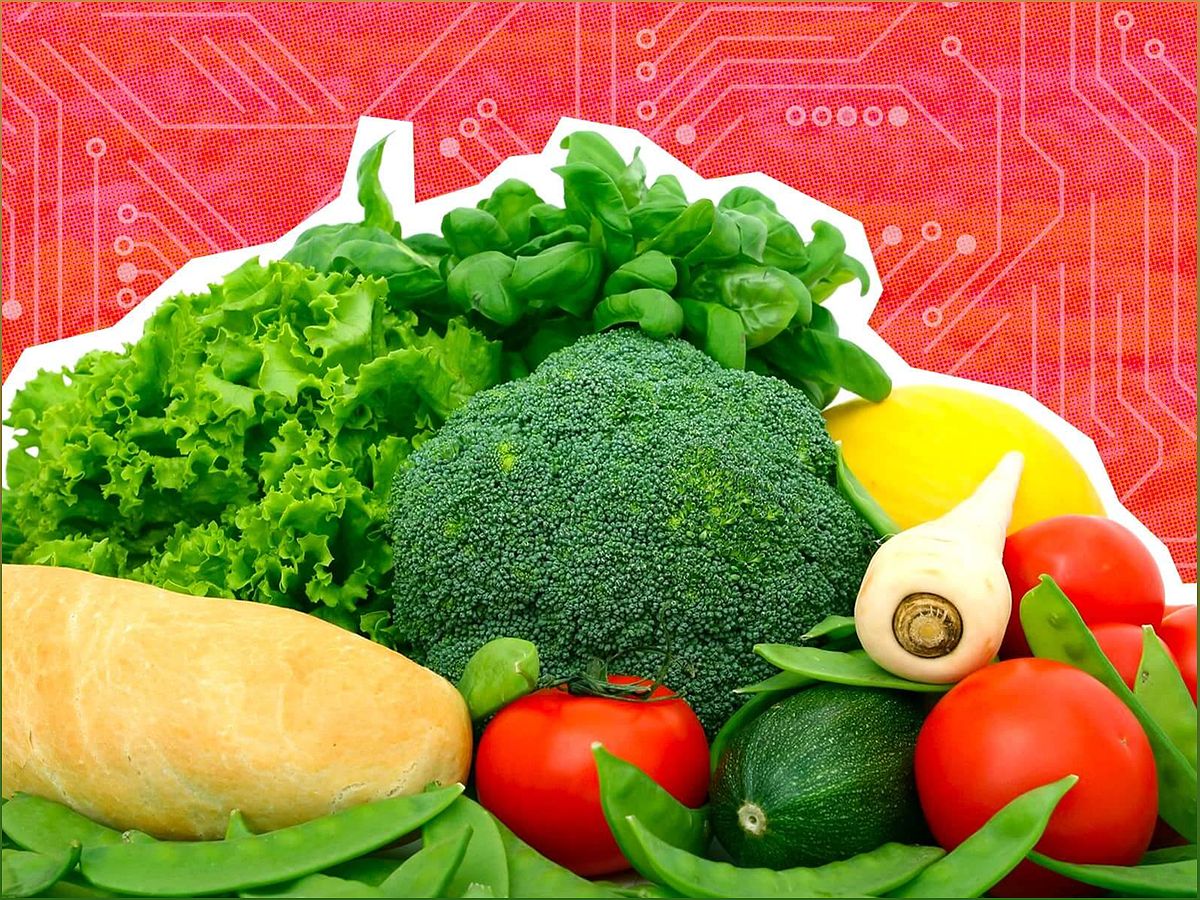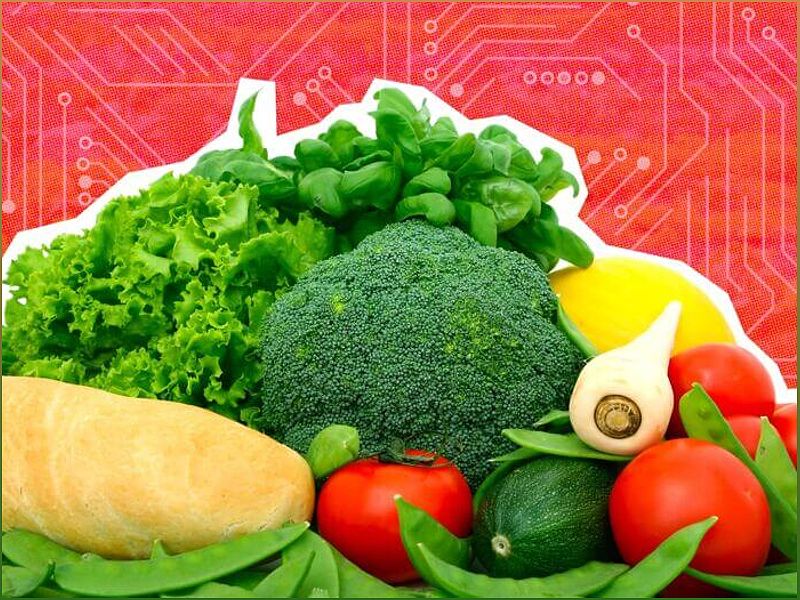Discover how the Internet of Things (IoT) is transforming organic farming by optimizing resource utilization, increasing production quality, and promoting sustainability.
The Role of IoT in Revolutionizing Organic Farming
The Internet of Things (IoT) is playing a significant role in revolutionizing organic farming by optimizing resource utilization, increasing production quality, and promoting sustainability. With the increasing awareness of the environmental impact of conventional agriculture, organic farming has experienced a surge in adoption in recent years. However, the sector has been slow to embrace new digital technologies like IoT. This heading explores the importance of incorporating IoT technology in organic farming to meet the urgent demand for sustainable farming practices.

( Credit to: Iotforall )
Young farmers, particularly millennials and gen-Z, are more connected to technology and have a strong understanding of the need for sustainable practices. They are also more aware of the importance of adopting a more authentic diet and consuming locally sourced products. This heading delves into the potential benefits of IoT in organic farming and how it aligns with the values and demands of the younger generation.

( Credit to: Iotforall )
IoT Integration in Organic Farming: A Case Study
A case study from Sardinia highlights the transformative power of IoT in organic farming. A social cooperative implemented an Agriculture 4.0 project that integrated IoT sensors and actuators connected to a Wi-Fi network. This heading explores how this organic farming plant successfully reduced costs, increased production quality, and contributed to the Sustainable Development Goals through the implementation of IoT technology.
The cooperative, owning vast land and greenhouses for cultivation, aimed to optimize resource utilization and enhance overall productivity. By utilizing IoT sensors to gather real-time data on soil moisture levels, weather conditions, water quality, and crop health, farmers gained valuable insights into their fields’ specific needs. This heading delves into the benefits of real-time data collection and the role of machine learning algorithms in making informed decisions regarding irrigation schedules and water allocation.
The integration of artificial intelligence further enhanced the automation of irrigation systems. AI-powered actuators adjusted water delivery based on immediate environmental factors and historical patterns, resulting in a more intelligent and sustainable irrigation system. This heading explores the impact of AI in precision agriculture and its contribution to resource optimization in organic farming.
Benefits of IoT Technology in Organic Farming
The adoption of IoT technology in organic farming brings numerous benefits to farmers and the environment. This heading explores how farmers can save time by remotely monitoring their crops and making informed decisions without physically being present. Cost savings are achieved through precision irrigation and the prevention of common plant diseases. Additionally, organic farming has achieved higher crop yields through the adoption of precision agriculture methods.
Furthermore, the successful implementation of IoT technology in organic farming demonstrates the potential for innovative solutions to address the complex challenges faced by the agriculture industry. By utilizing precision farming techniques and advanced machine learning algorithms, organic farming can achieve greater profitability while promoting environmental sustainability and social responsibility. This heading highlights the overall positive impact of IoT technology on organic farming and its potential for a sustainable future.
Conclusion
The integration of IoT technology in organic farming is revolutionizing the industry by optimizing resource utilization, increasing production quality, and promoting sustainability. With the increasing demand for sustainable farming practices, IoT provides valuable insights and automation capabilities that enable farmers to make informed decisions and enhance overall productivity. By embracing IoT technology, organic farming can achieve greater profitability while ensuring responsible resource utilization for a sustainable future.
